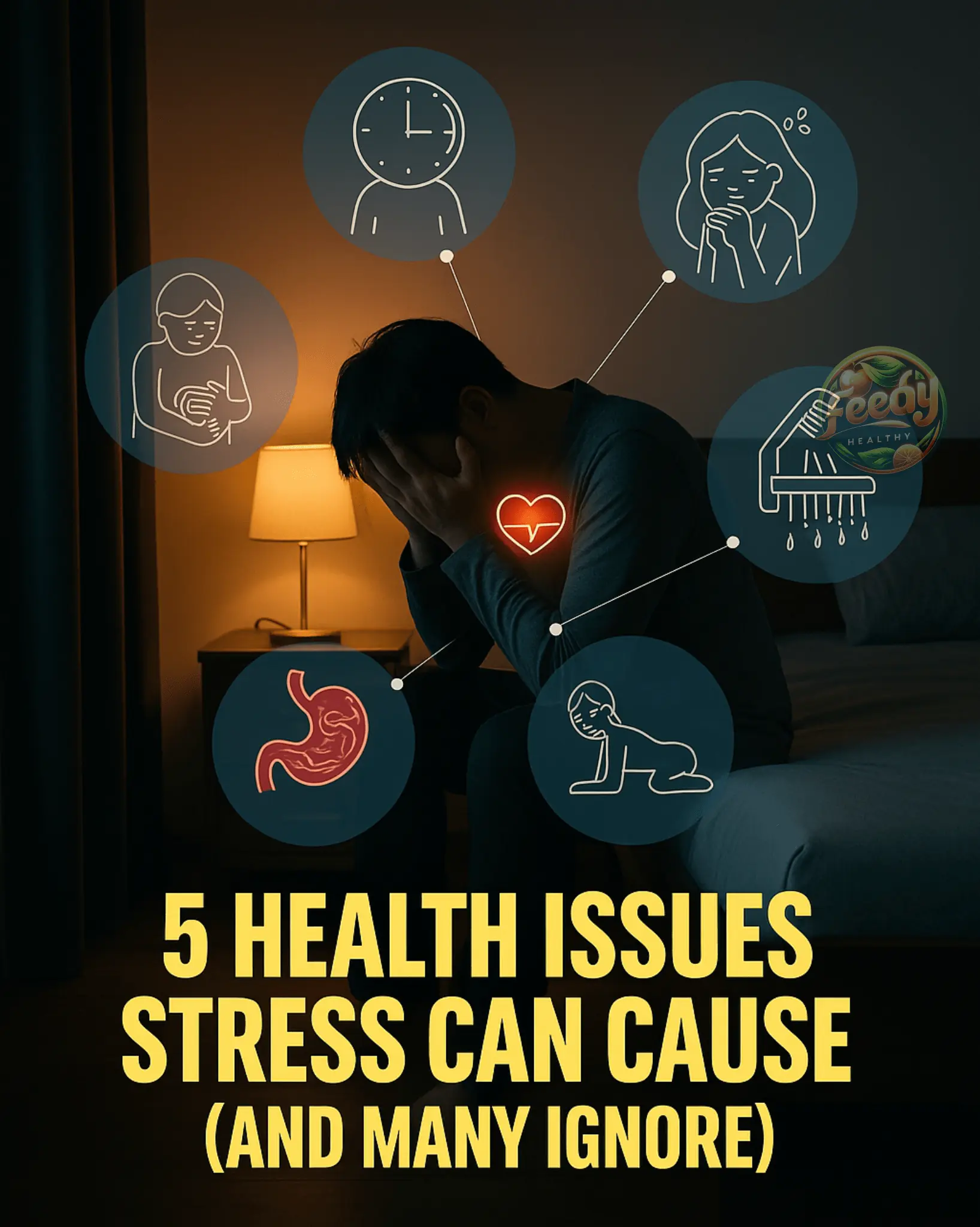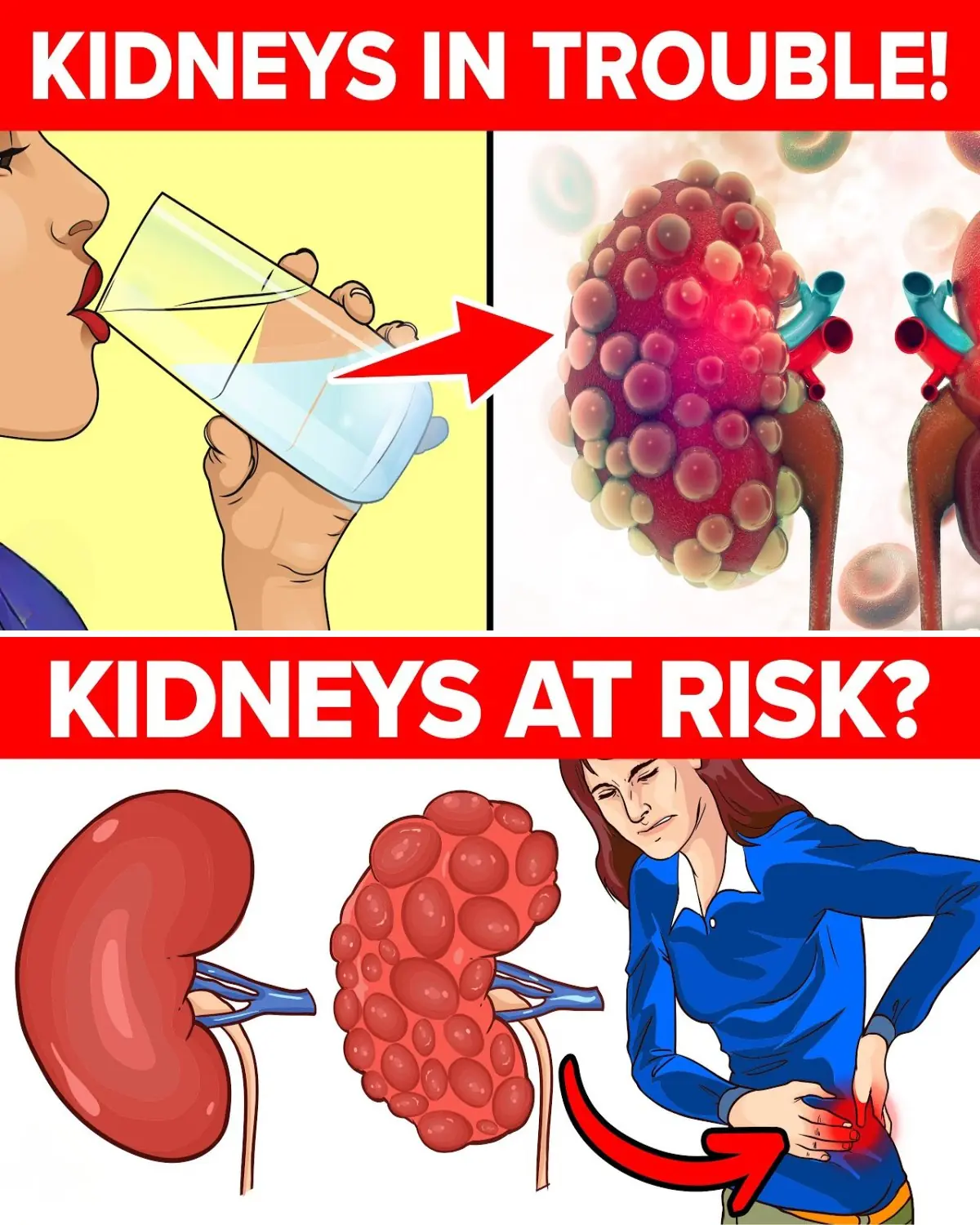Stress has become an unavoidable part of modern life. Work pressure, family problems, and financial concerns are just some of the many triggers that keep us in a constant state of anxiety. However, what many people don’t realize is that stress can go beyond emotional discomfort—it can be the root cause of multiple physical health problems with long-term effects.
What Is Stress?
Stress is a natural response of the body to challenging or threatening situations. When we're under stress, our body releases hormones like cortisol that help us deal with danger. While this response can be helpful in the short term, chronic stress can be harmful and lead to serious health complications.
Common Health Issues Caused by Stress
Here are five common conditions that can be triggered or worsened by chronic stress:
1. Stomach Pain
Stress often affects the digestive system. Many people experience stomach aches, gastritis, or irritable bowel syndrome (IBS) due to high levels of stress. The digestive system is sensitive to emotions, and stress can cause excessive production of stomach acid, leading to discomfort and inflammation.
2. Insomnia
Trouble falling or staying asleep is one of the most common symptoms of stress. A restless mind full of worries prevents the body from relaxing and entering a deep sleep. The lack of proper rest increases stress levels, creating a vicious cycle that impacts both mental and physical health.
3. Hair Loss
Noticing more hair falling out than usual? Stress can lead to several hair-related conditions. One is alopecia areata, an autoimmune disorder triggered by stress that causes sudden hair loss. Prolonged stress can also weaken hair strands, making them more prone to breakage and thinning.
4. Heart Problems
Stress has a serious impact on the cardiovascular system. It can raise blood pressure and increase the risk of heart-related conditions. Studies have shown that people under constant stress are more likely to experience heart attacks and other heart complications. Managing stress is essential for heart health.
5. Digestive Issues
Chronic stress disrupts digestion, leading to problems such as indigestion, heartburn, and acid reflux. It can interfere with intestinal movement and increase stomach acid, worsening conditions like gastroesophageal reflux disease (GERD). Paying attention to stress-related digestive symptoms is important for early intervention.
How to Reduce the Effects of Stress
Managing stress is key to preventing many of these health problems. Here are some effective strategies:
-
Regular Exercise: Physical activity improves your mood and releases endorphins that help combat stress.
-
Relaxation Techniques: Meditation, yoga, or doing enjoyable hobbies can reduce anxiety levels.
-
Healthy Diet: Eating balanced meals helps regulate your mood and supports overall well-being.
-
Social Support: Talking to friends or family members about your concerns can provide emotional relief.
-
Professional Help: If stress becomes overwhelming, don’t hesitate to seek help from a mental health professional.
Conclusion
Stress doesn’t just affect your mind—it can seriously impact your physical health. Recognizing the connection between stress and illness is the first step toward better well-being. By adopting healthier habits and practicing stress management techniques, you can avoid serious complications and lead a more balanced, fulfilling life. Don’t ignore the warning signs your body gives you—take care of yourself and prioritize your health.





































